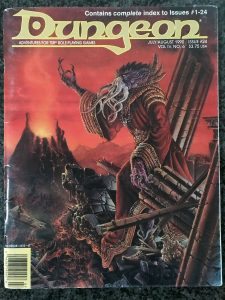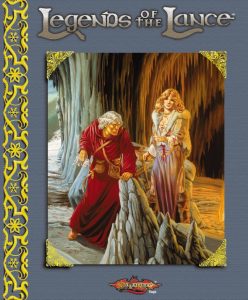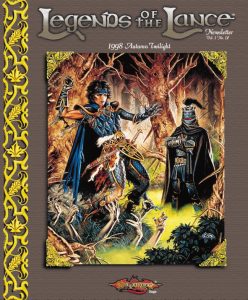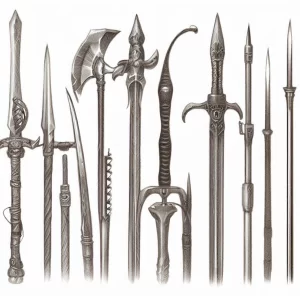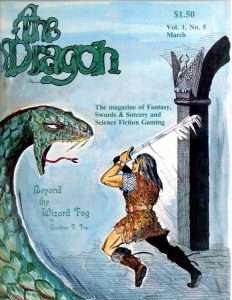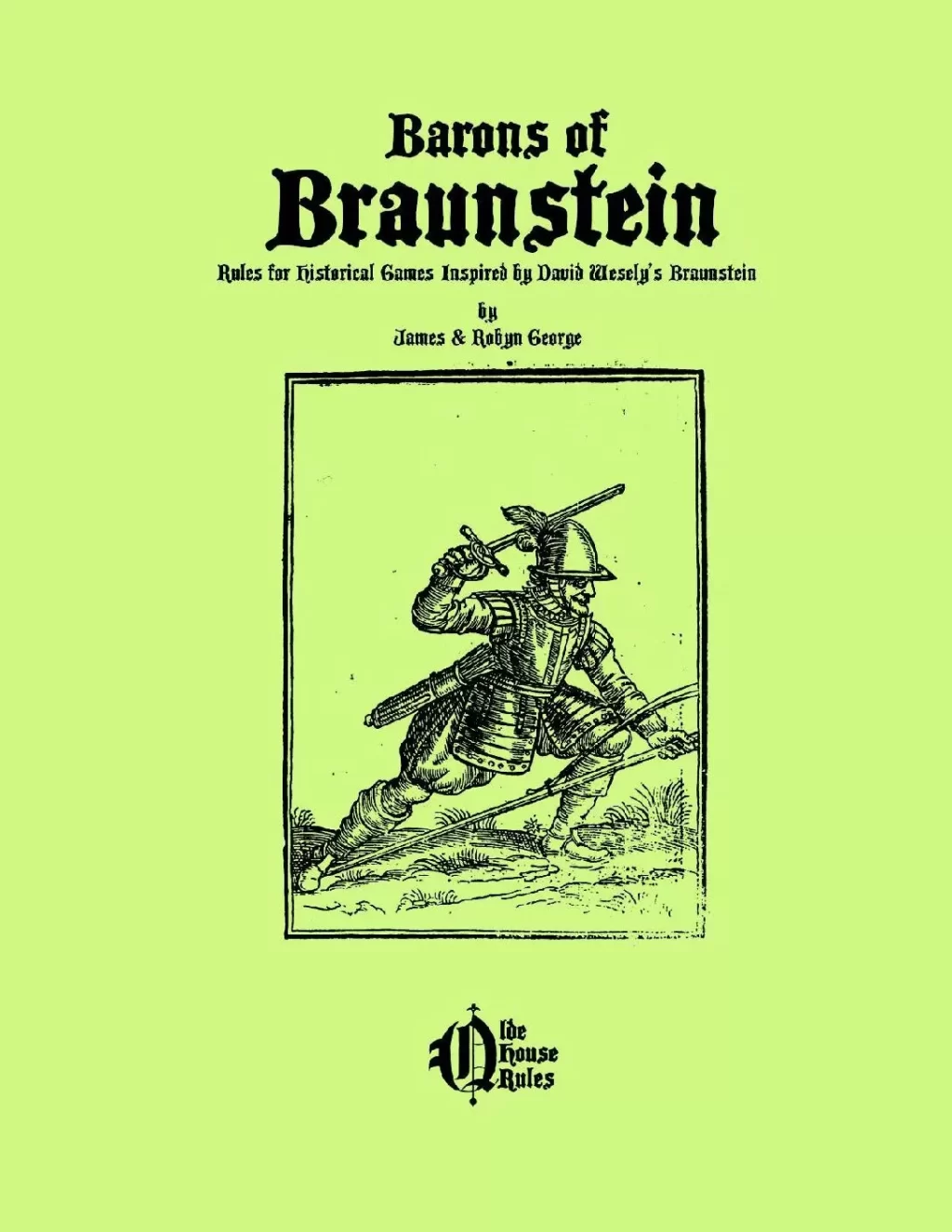
Before Dungeons & Dragons (D&D), the most influential precursor wasn't a tabletop role-playing game in the modern sense but rather wargaming. Wargames, especially miniatures wargames, provided the foundation upon which D&D was built.
One notable wargame is Chainmail, created by Gary Gygax and Jeff Perren. Chainmail was a set of medieval miniatures wargaming rules, and it even included a "Fantasy Supplement" that provided rules for using wizards, dragons, and other fantasy creatures in battles. This supplement is often considered a direct forerunner to D&D, as it introduced elements of fantasy that would later be incorporated into and expanded upon in D&D.
Another precursor in the realm of games and simulations is Braunstein, developed by Dave Wesely. This was a more freeform type of wargame, emphasizing role-playing and the use of referees. While it wasn't a fantasy RPG, it provided a foundational concept for what would later become the role-playing game genre.
There were other wargames and simulations around before D&D, but the above are among the most influential in the evolution and creation of what became the first true tabletop role-playing game.
Yes, "Braunstein" is significant in the history of role-playing games for its novel approach, which laid some groundwork for what would eventually become the tabletop role-playing genre.
Dave Wesely, a wargamer, developed "Braunstein" in the late 1960s. Unlike traditional wargames that primarily focused on tactical combat between armies, "Braunstein" introduced the concept of each player taking on the role of an individual character with their own goals and motivations, navigating a dynamic scenario controlled by a referee.
The game was named after the fictional town of Braunstein in which the scenario took place. In this game, players might represent various characters, such as the town mayor, a rebel leader, or a foreign agent, each with their own distinct objectives. This added depth, diplomacy, and unique role-playing aspects to the scenario, which were different from the pure tactical considerations of traditional wargames.
Although "Braunstein" was not a fantasy game and didn't evolve directly into Dungeons & Dragons, it had a substantial influence on the people who would go on to create D&D. For instance, it influenced Dave Arneson, who co-created D&D with Gary Gygax. Arneson was inspired by the individual character focus and role-playing elements of "Braunstein" and developed his own Blackmoor campaign, which in turn had a direct impact on the creation of Dungeons & Dragons.
So while "Braunstein" might not be as widely recognized as D&D, its influence on the origins of role-playing games is undeniable.
